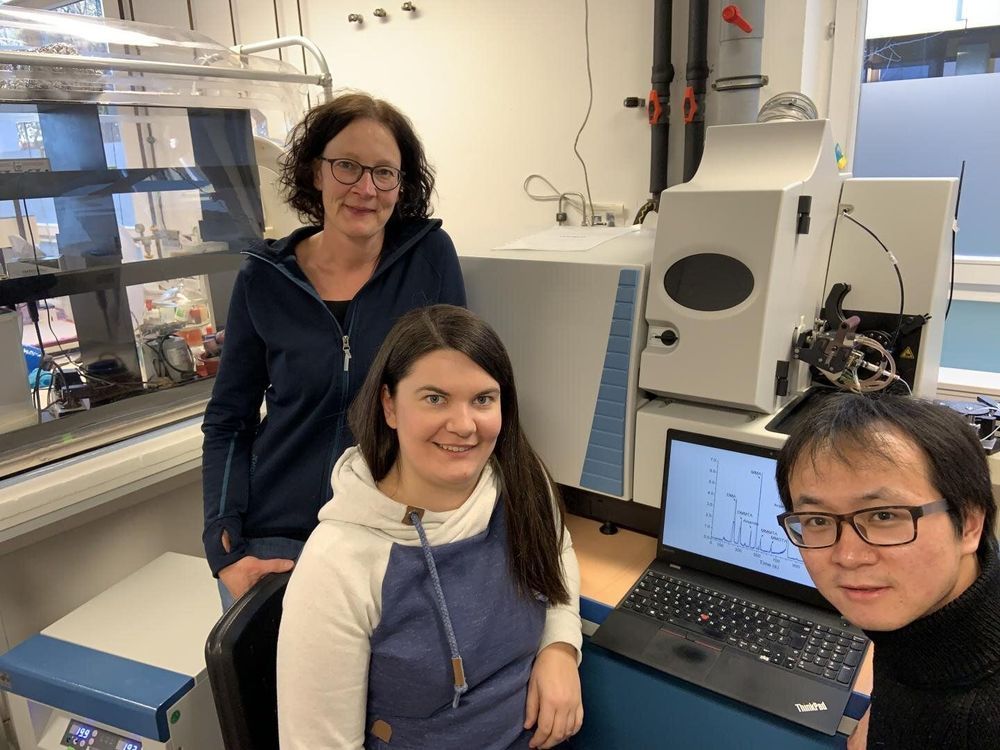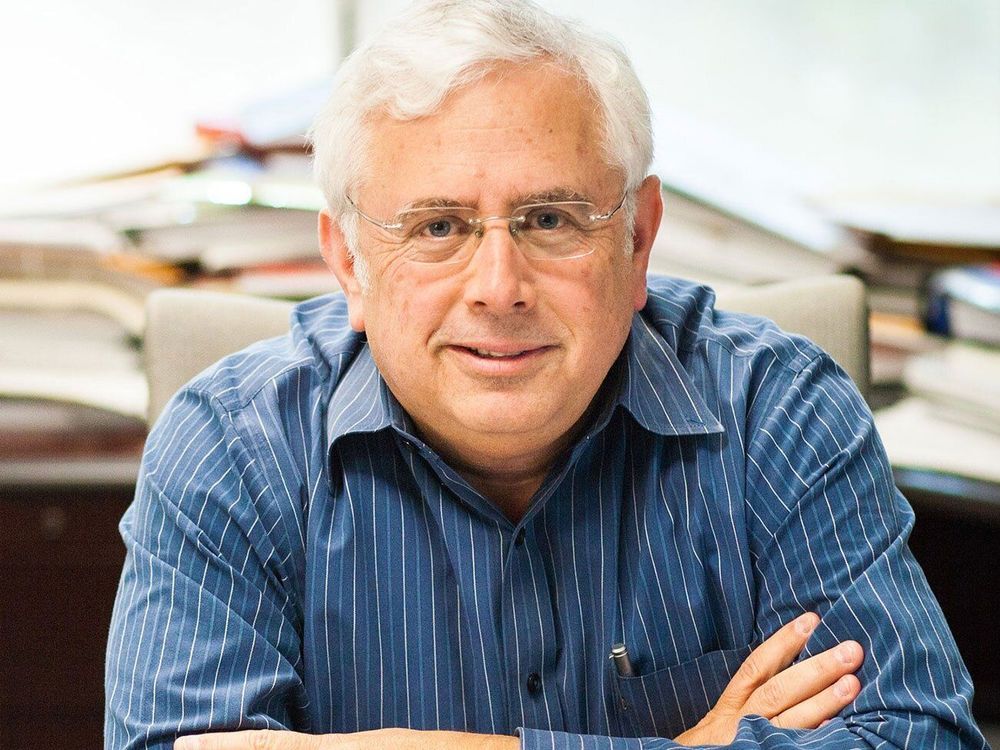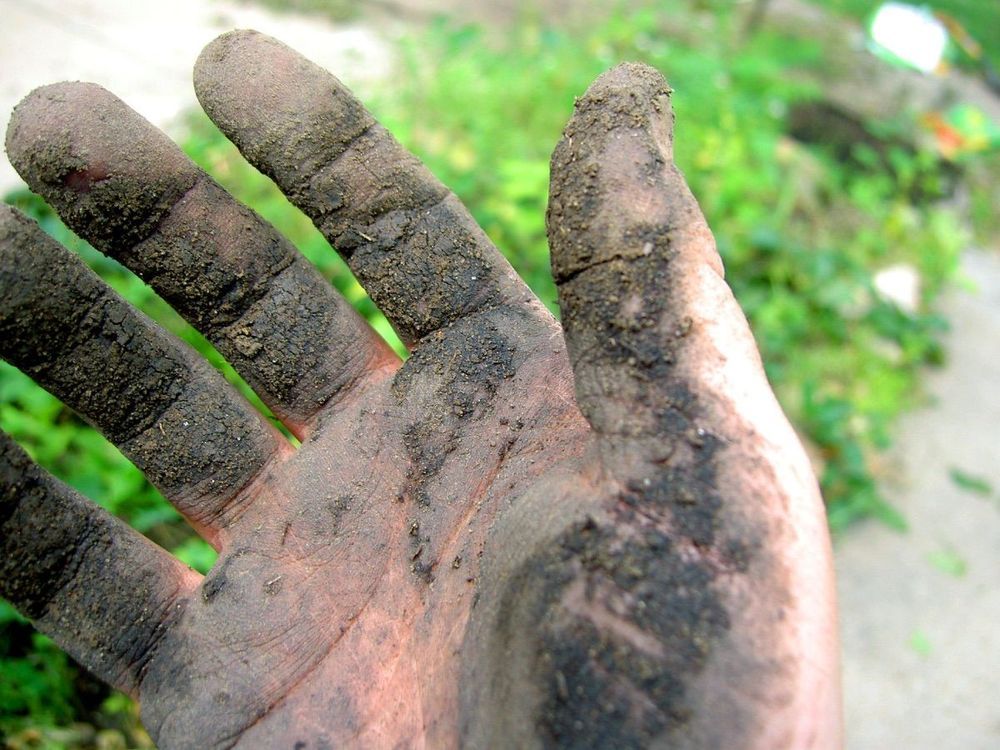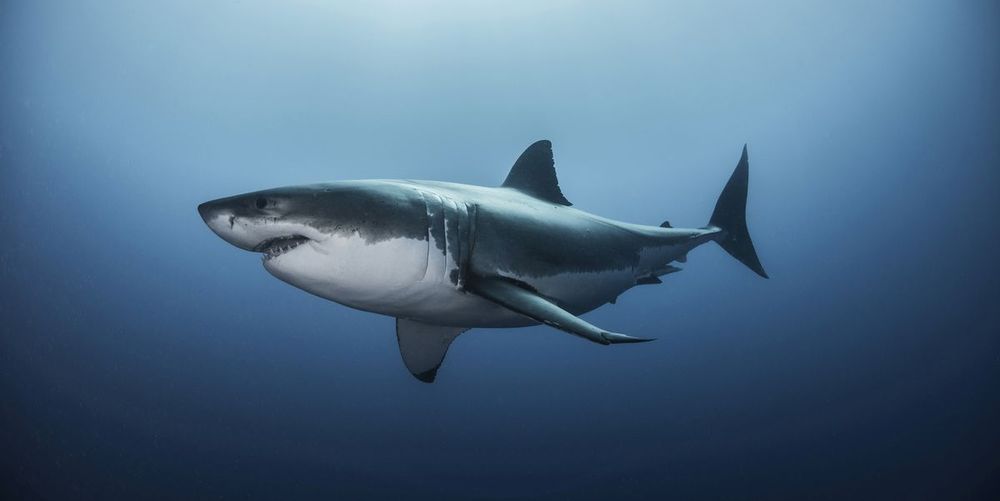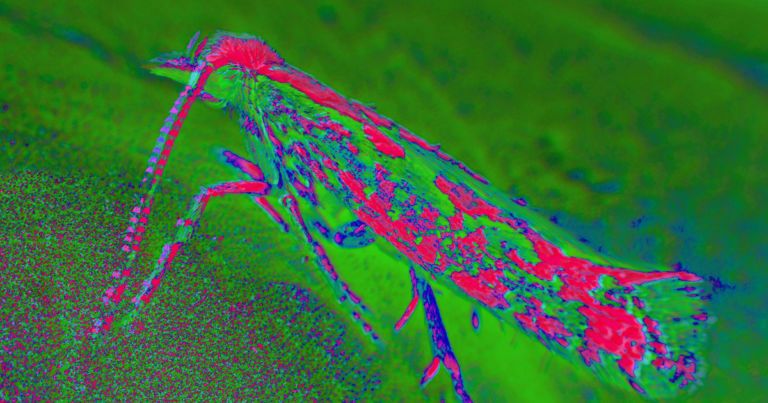University of Bayreuth researchers, together with scientists from Italy and China, have for the first time systematically investigated under which conditions, and to what extent, sulphur-containing arsenic compounds are formed in rice-growing soils. To date, these thioarsenates have not been taken into account in assessments of the health effects of rice consumption. In the journal Nature Geoscience the scientists present their results and identify the urgent need for research with a view to protecting consumers from health risks.
A new measuring method for thioarsenates
The research team, headed by the Bayreuth environmental geochemist Prof. Dr. Britta Planer-Friedrich, has developed a measuring method by means of which thioarsenates in rice soils can be reliably detected. Up to now, the methods routinely used to monitor arsenic in rice fields have not been sufficient for this purpose. This is because they are not able to identify sulphur-containing arsenic compounds as such, or to distinguish them from oxygen-containing arsenic compounds. This shortcoming is highly problematic in terms of possible health risks. At least one organic sulphur-containing arsenic compound discovered in rice fields is already known to be carcinogenic. This makes it all the more important to specifically detect organic sulphur-containing arsenic compounds, and to examine them for their toxicity. Presumably, these compounds have been confused with non-toxic organic oxygenated arsenic compounds up to now due to inadequate measurement procedures.
